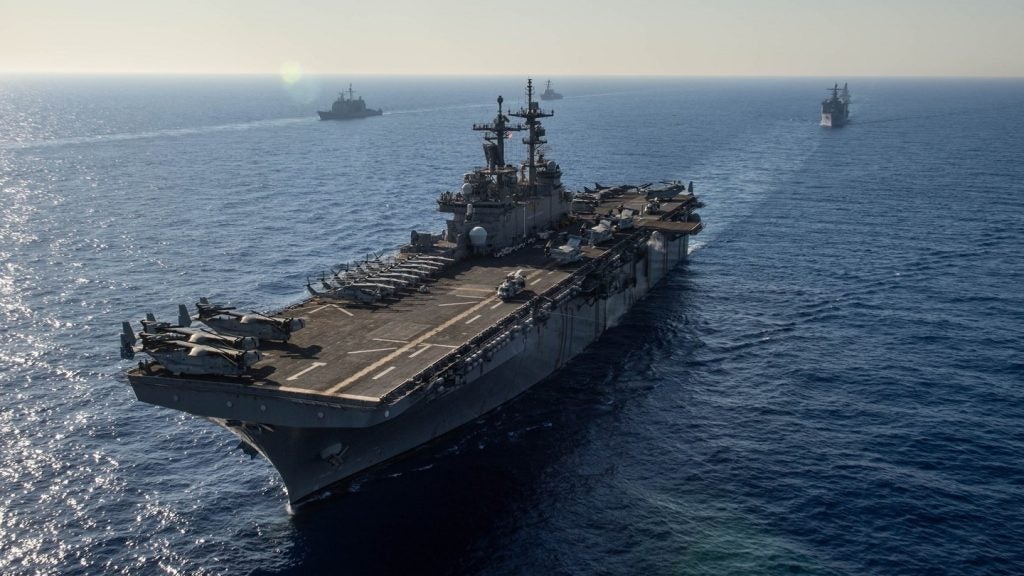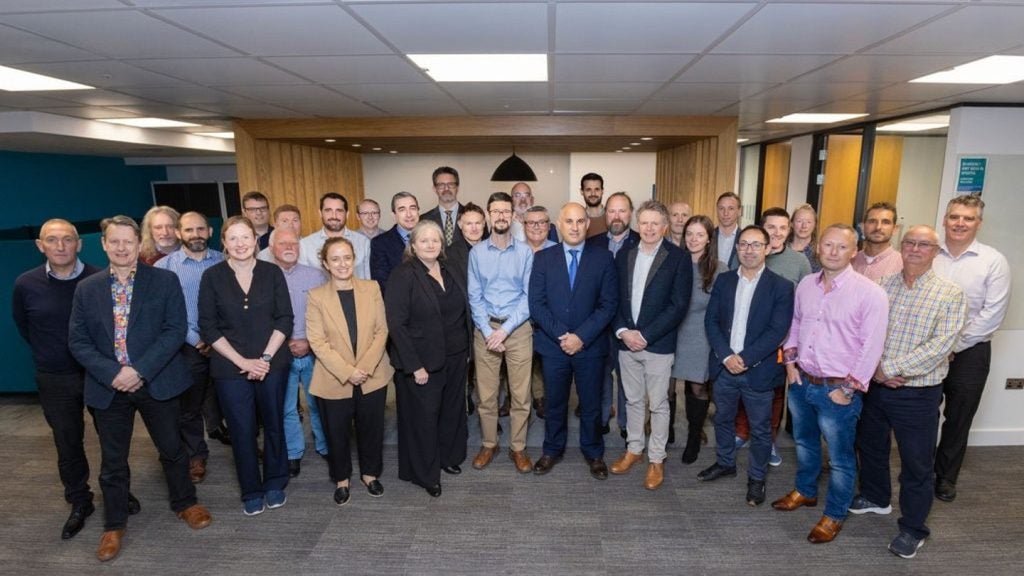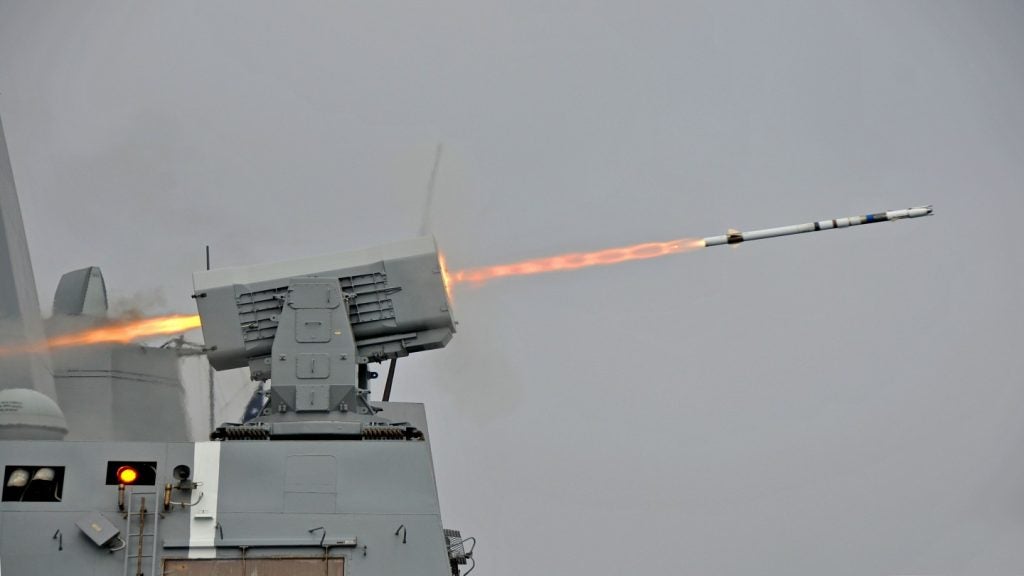The US Office of Naval Research (ONR) has contracted UTC Aerospace Systems to continue work on the unmanned undersea vehicle (UUV) energy-dense PES propulsion system programme.
As part of the long-endurance undersea vehicle propulsion (LEUVP) energy programme, UTC’s ISR and Space Systems team will now start on the next follow-on development phases of a proton-exchange membrane based fuel cell energy system (PES).
The LEUVP programme aims to complete a demonstration at technology readiness level (TRL) six.
UTC Aerospace Systems space systems general manager Allen Flynt said: "The fuel cell hardware design selected for the LEUVP programme is identical to that being used for our qualified fuel cell power module on the Spanish Navy’s S-80 submarine.
"With this heritage we feel that we are well-placed with our partners to deliver a proven option to ONR and the US Navy on this programme."
The follow-on phases will focus on the design and development of a safe, reliable and affordable PES for installation onto a 21in diameter UUV. The PES would replace existing battery systems and is expected to provide a greater range and operational flexibility to the US Navy.
During the previous development phase, the PES system was successfully tested for over 30 hours using an integrated cryogenic reactant system and fuel cell power plant. This provided 42kWh of energy over a power range of 100W to 3800W.
The system features a qualified fuel cell stack design, simple balance of plant and dense reactant storage.
It is scalable, can be incorporated into larger displacement autonomous underwater vehicles and delivers the operational capability required for future UUV missions.








